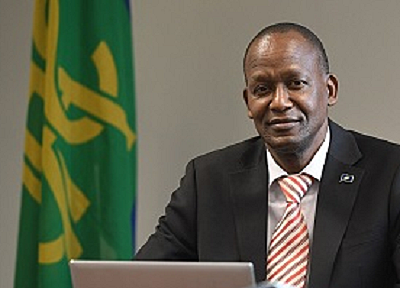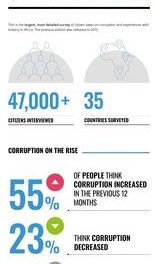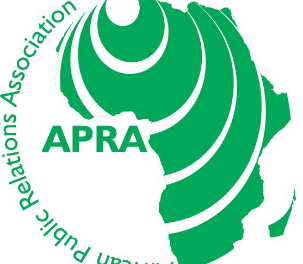
Member States’ failure to ratify protocols through national legislation obstructs SADC integration

By Kizito Sikuka of the Southern African Research and Documentation Centre.
The SADC Executive Secretary Elias Magosi has called on Member States to pass national laws to support regional integration as all legal instruments are critical in deepening integration and promoting sustainable development in the region.
The slow pace by some SADC Member States to advance these regional laws from being stated intentions to actual application has affected integration, resulting in most people failing to achieve maximum benefits of belonging to a shared community in southern Africa.
The Executive Secretary emphasised this point in addressing a virtual meeting of the SADC Committee of Ministers of Justice/Attorneys General on 25 January, noting that the SADC Board of Auditors has already mentioned the slow pace at which Member States sign, ratify and accede to regional protocols and other legal instruments.
“All these instruments were developed and approved for a purpose, to move this region forward to achieve its goals under the SADC Common agenda, and I believe they still remain important and relevant,” said Magosi, who started his work as the new SADC Executive Secretary in August 2021.
According to SADC legal statutes, any signed regional protocol should be ratified by at least two thirds (10) Member States for it to enter into force at national level in the 16 member states.
The process of approval of a regional legal instrument requires, first, signing, and then ratification. This process differs from country to country, with some requiring approval of parliament.
Magosi said any obstacles that may hinder countries to advance regional laws from being stated intentions to actual application should be tackled head-on to ensure that SADC achieves its longstanding goals of a united, prosperous and integrated region.
“We all need to work doubly hard to remove bottlenecks and deal with challenges, including those with sovereignty considerations.”
Magosi said the Secretariat will not lose focus of the main goal of SADC, which is regional integration, adding that steadfast support from a legal standpoint will also strengthen the efficiency and effectiveness of the Secretariat.
The Secretariat is the principal executive institution of SADC responsible for strategic planning, facilitation and coordination and management of all SADC Programmes.
“One of the commitments I made in assuming the role of the Executive Secretary, is to ensure delivery of the RISDP towards attainment of the SADC Vision 2050, and if in the process to achieve this, there are processes or areas that need review to realise efficiency and effectiveness of the Secretariat, and that of Member States, we ought to work jointly to enhance these.
“Your support to the Secretariat in this regard, especially from the legal stand point, will be crucial.”
In their efforts to strengthen and promote a conducive legal framework to advance regional integration, SADC Committee of Ministers of Justice/Attorneys General at their meeting considered a number of draft legal instruments and recommended them for approval by the SADC Council of Ministers and subsequently, the SADC Summit of Heads of State and Government.
These instruments include the Draft Agreement Amending the SADC Treaty, which is intended to recognise the SADC Parliament as one of SADC Institutions under Article 9 (1) of the SADC Treaty.
The transformation of the SADC Parliamentary Forum into a regional parliament was approved by the 41st SADC Summit that met in August 2021 in Lilongwe, Malawi.
Its transformation will ensure broader citizen participation in regional affairs by facilitating more extensive debate on regional issues, and it is expected to accelerate the implementation of SADC protocols that need to be ratified and domesticated into national legislation.
Southern African News Features are produced by the Southern African Research and Documentation Centre based in Harare.












































